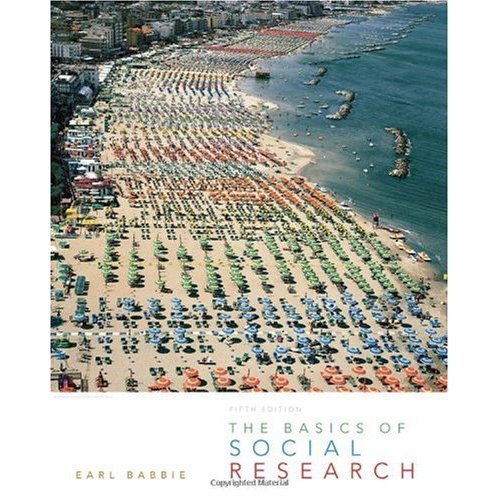
Jihad: The Trail of Political Islam
by Kepel, Gilles- List Price: $30.00
- ISBN-10: 0674010906
- ISBN-13: 9780674010901
- Edition: Unstated
- Type: Paperback
- Publisher: Belknap Press: An Imprint of Harvard...
About The Book
The late twentieth century has witnessed the emergence of an unexpected and extraordinary phenomenon: Islamist political movements. Beginning in the... Read more
Related Books

- Year: -0001
- Edition: 7th
- Publisher: Wadsworth Publishing
- Type: Paperback
- ISBN13: 9780495812968
- ISBN: 049581296X

- Year: 2001
- Edition: 5th
- Publisher: Cengage Learning
- Type: Paperback
- ISBN13: 9780495812241
- ISBN: 0495812242

- Year: 2011
- Edition: Sixth Edition
- Publisher: Pine Forge Press
- Type: Paperback
- ISBN13: 9781412969406
- ISBN: 1412969409
